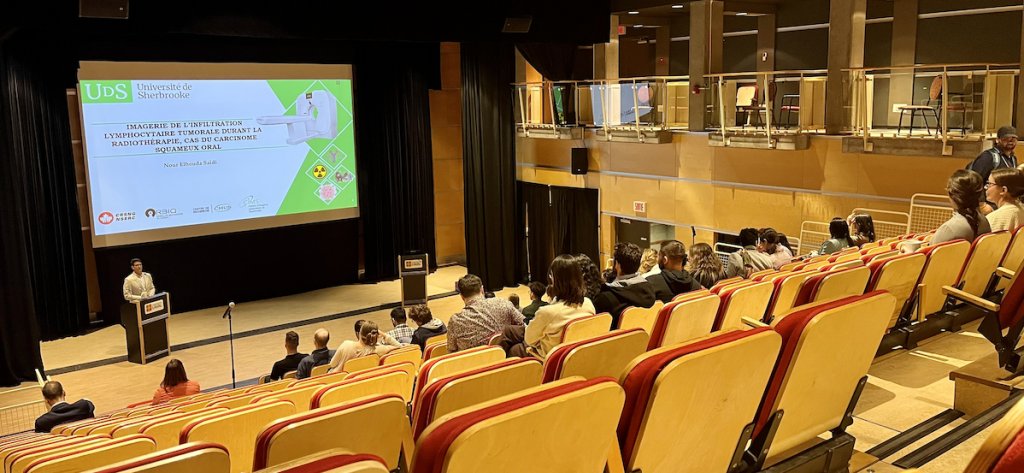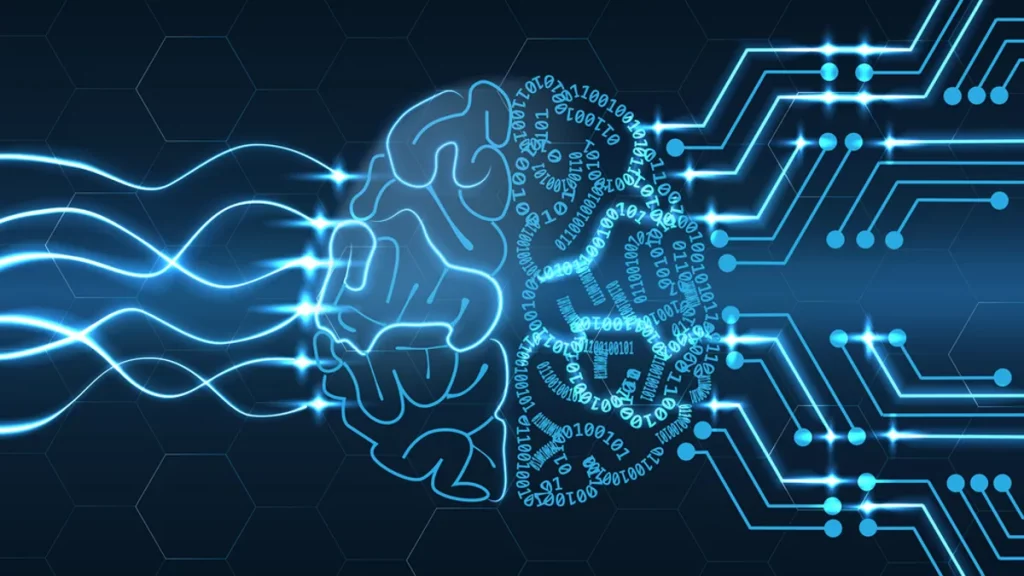Meet our members: Insights and advice from attendees of the 2023 Scientific Day
At the conclusion of this year’s scientific day, attendees gathered for a cocktail reception to network and discuss their research. I was able to interview a few participants, capturing their insights on the event. Additionally, I took this opportunity to inquire about their own experiences and gather valuable advice for aspiring young research students. Read on to get a glimpse of some of the remarks shared during these conversations!


